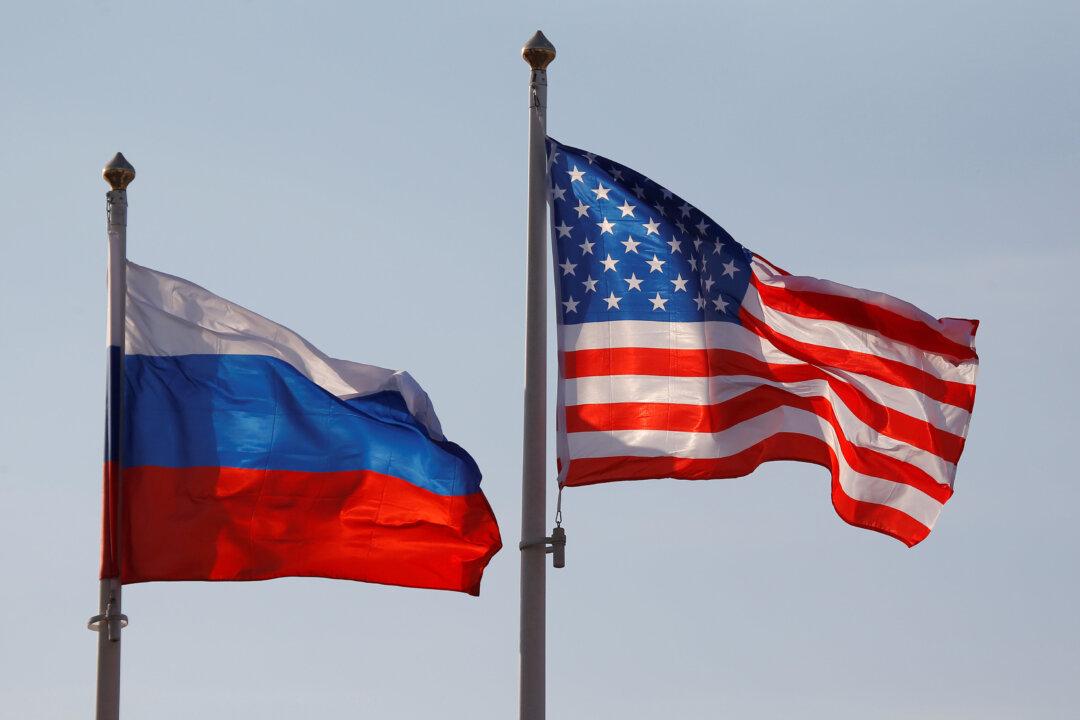MOSCOW—Russia’s ambassador to the United States said Washington had asked 24 Russian diplomats to leave the country by Sept. 3 after their visas expire, heightening tensions between the two countries.
In an interview with the National Interest magazine published on Sunday, Ambassador Anatoly Antonov did not say whether the U.S. action was prompted by a particular dispute. He said nearly all would be leaving without replacements “because Washington has abruptly tightened visa issuing procedures.”





